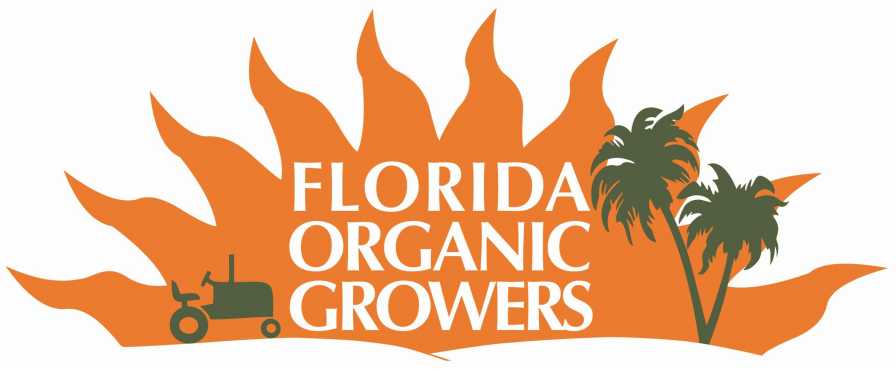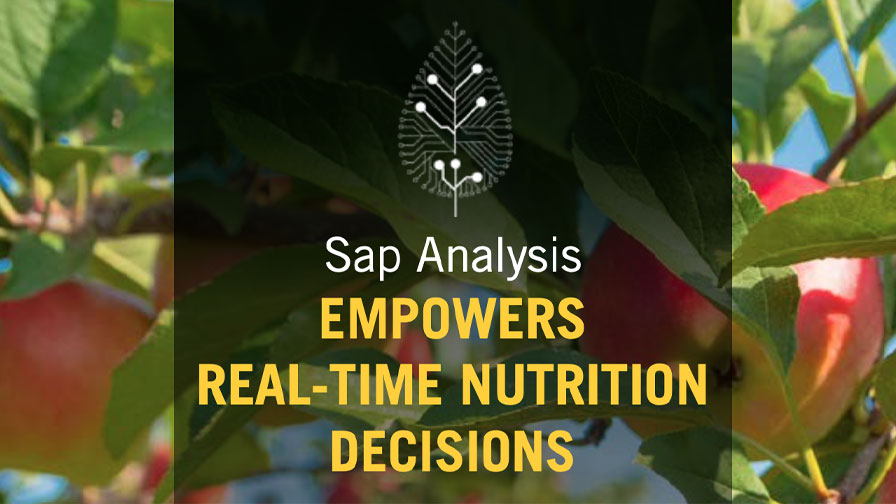Florida Organic Growers Association Ramps up for New Era

The Florida Organic Growers Association is set to move forward with a new mission statement and industry goals.
The Florida Organic Growers Association was founded in 1987 as a grassroots organization with an intense focus on protecting and supporting organic agriculture. The group has been very active especially at the national level in developing and implementing USDA’s organic standards and other important programs over the years.
Last year, FOG embarked on an in-depth strategic planning and revaluation process to prepare for the future and better serve its growers and the state’s agricultural sector. Out of this process came a new mission statement and a refocused FOG 2.0. The new mission statement reads: Florida Organic Growers supports and promotes organic, regenerative, and sustainable agriculture.
Casting a Wider Net
Matt Palmer, Vice President of the FOG board of directors, was very involved in the strategic planning process. He notes that one of the major actions coming out of the reevaluation was casting a wider net for the growers FOG serves.
“The board understood FOG was founded on organics, and we’re very focused on specific organic growers. But when we looked at the spectrum across Florida, we saw there are as many, if not more, sustainable growers,” Palmer says. “We want to bring these growers into the fold and place more focus on sustainable and regenerative agriculture. With our sandy soils in Florida, some of our conventional, but sustainable growers are doing a tremendous job regenerating soils with things like polyculture cover crops and microbial fertilizers. As a board, we came together and decided, instead of just being laser-pointed at organics that we wanted to include these regenerative and sustainable growers, as well.”
Florida First
Ramkrishnan (Ram) Balasubramanian, FOG’s Executive Director, says the association also will put more emphasis on state-level activities.
“We are not undergoing a mission expansion but a tectonic shift in the area we focus on by putting Florida first,” Balasubramanian says. “While we have done great work on the national level, especially on the policy front, it is important that we start focusing more on our state. The sales of organics nationally have reached $52 billion. Florida’s contribution is just a small portion of that figure. We are an ag state, so we have a lot of potential to grow this sector.”
This new statewide focus will place an emphasis on education programs for its growers, whether it be in production, business, or marketing, and to foster new research through institutions like UF/IFAS. FOG will become more active on the state level in promoting legislation and policy supporting organic, sustainable, and regenerative farmers.
“Our total focus from the board’s perspective has been to really look at education and outreach and to have organized programs that provide links between Extension and the other agencies like USDA’s Natural Resources and Conservation Service, Florida Department of Agriculture and Consumer Services, Florida Department of Environmental Protection, and the water management districts,” Palmer says. “We can take the dollars we generate as an association and link the growers with these agencies to make sure they are taking advantage of cost-share and other opportunities that are out there.”
FOG has created curriculum on organic production, food safety, and farm business management, as well, to provide education and assistance for its growers.
Another example of the Florida-first focus is that FOG has stepped up to ensure organic producers have a place at the table with the recent passage of the state’s industrial hemp program. The association already has been in conversations with policymakers to ensure organic production is in the mix when rules are written up.
“Everybody is focused on the fiber and CBD oil, but there are going to be a cadre of products that are going to come out of this hemp industry,” Palmer says. “This could mean a lot for our Florida growers. We live in tropical and subtropical climate, so we are going to be a key grower when that market comes. We have been looking for alternative crops like this, and the market for hemp is going to be strong. Hemp also is very regenerative to the soil, which dovetails well into FOG’s new mission.”
Balasubramanian says the new state focus will not preclude FOG from speaking on national issues of importance. He and Palmer recently traveled to Washington DC to visit with lawmakers on various issues, including the need to protect the organic label and step up enforcement against organic labeling fraud.
FOG 2.0 Goals
After an in-depth reassessment, the Florida Organic Growers Association laid out some key objectives to better serve its members and to ensure sustainable farming remains strong in the state. Here are a few of those goals.
- To be a regional leader in promoting and supporting organic, sustainable, and regenerative agriculture and related legislative policies
- To be the most recognized knowledgeable source on organic, sustainable, and regenerative agriculture
- Conduct a needs assessment among stakeholders and communicate the results
- Effectively communicate the work FOG does to shape legislative policies
- Through FOG’s Florida Market Association, connect farmers and farmer markets to broaden selling opportunities
- Work on regenerative issues such as improving soil and water quality affecting the state
- Work toward a social, equitable, and just food system, which includes kids and at-risk populations to ensure all have access to healthy and nutritious food.










